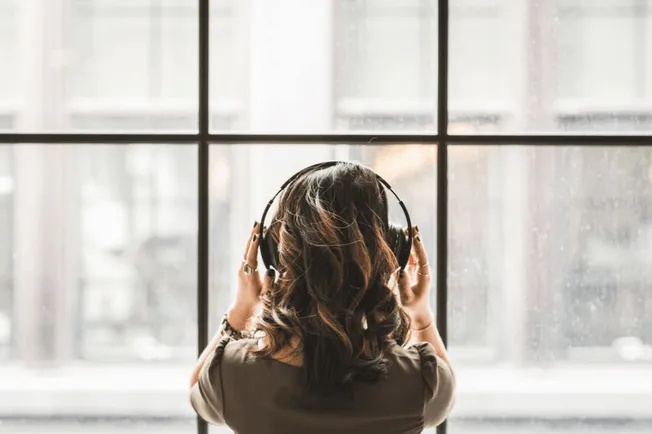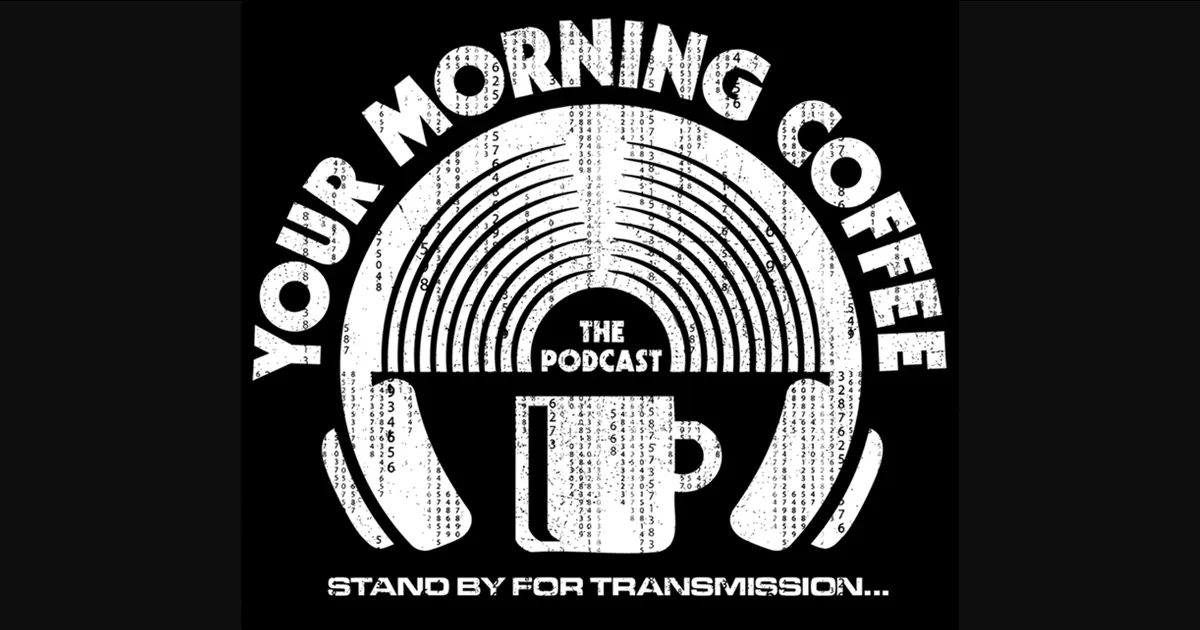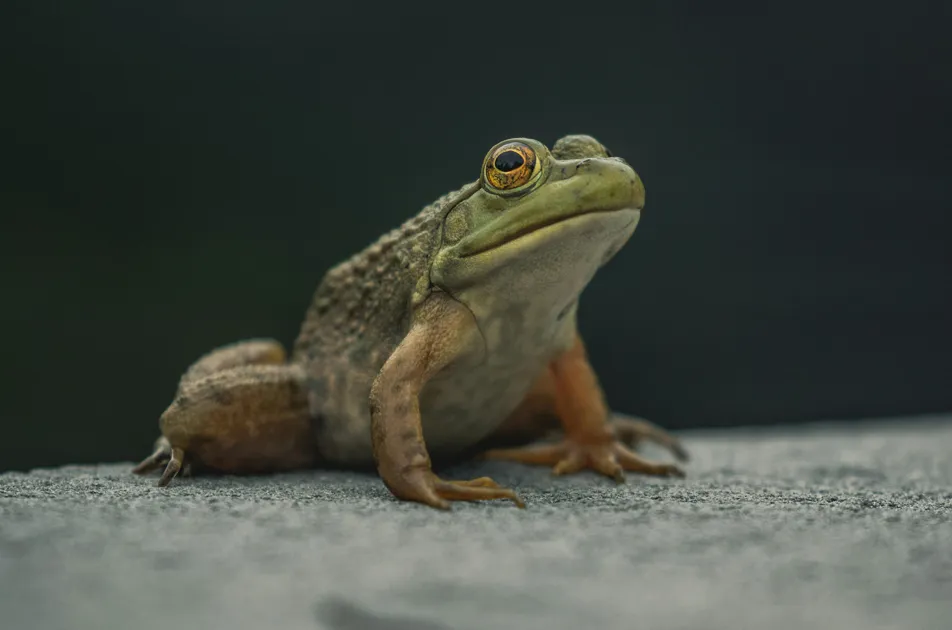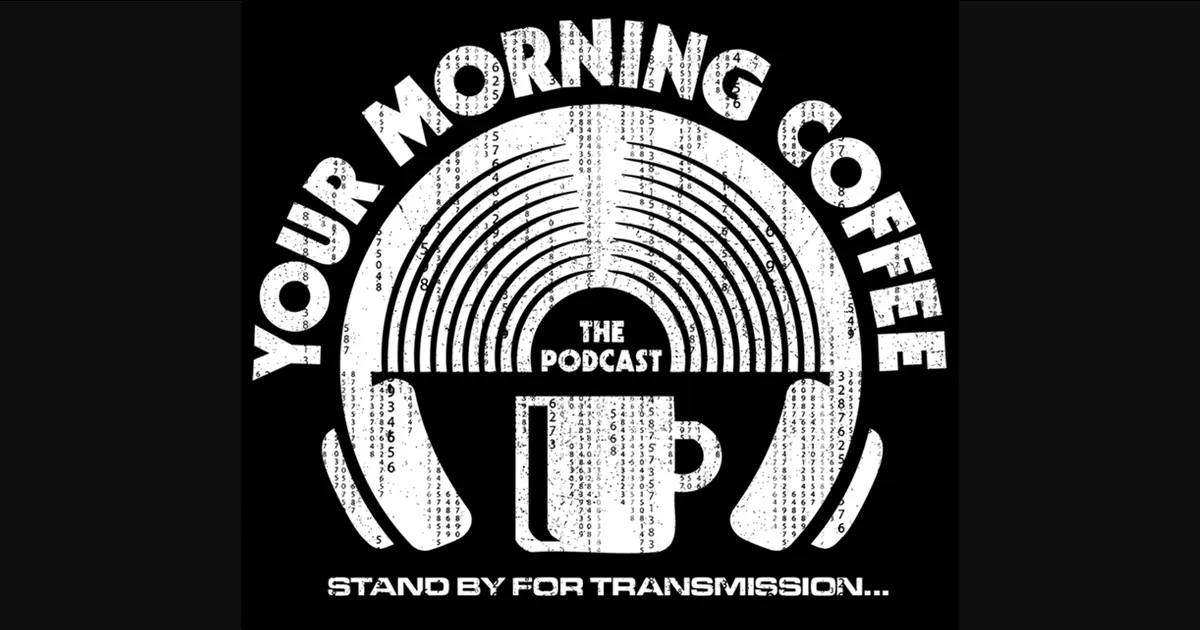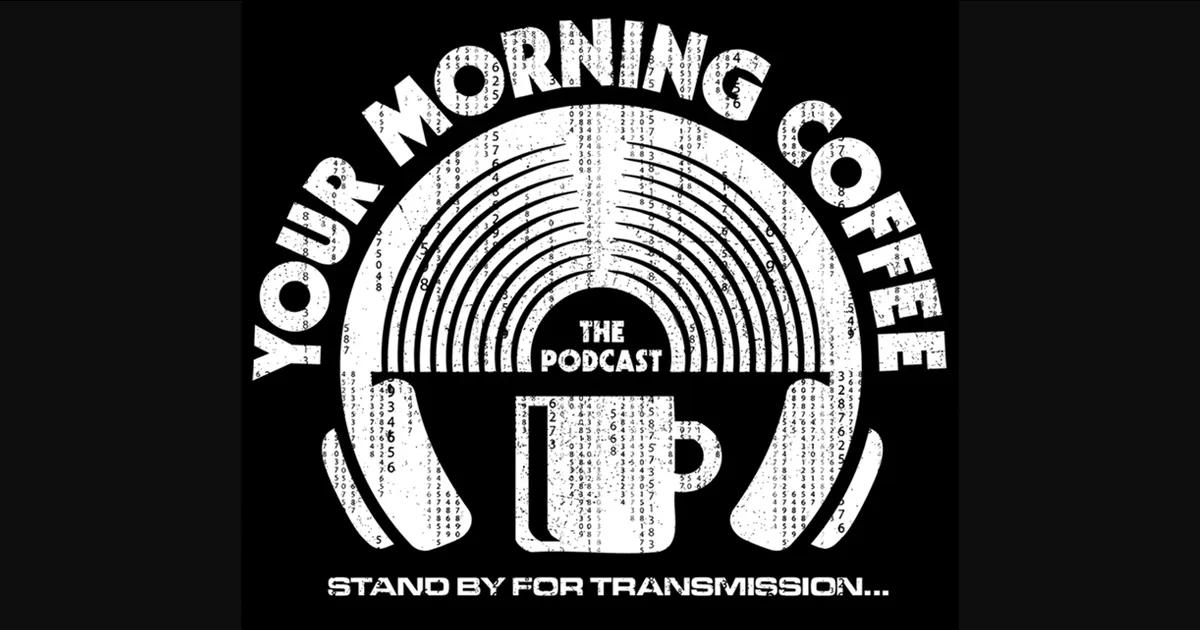Streaming is falling short for today’s songwriters, and many are choosing to forge their own path instead of waiting for change. MIDiA’s new report shows how a new generation of songwriters are reinventing their role through social media, creator platforms, and more.
The music business is splitting in two. Here’s why songwriters are reinventing their role
by Tatiana Cirisano via MIDiA Research
When systems fail, there are two options: try to fix what is broken, or build something new.
In our ’s landmark ‘bifurcation theory’ report, MIDiA pinpointed a new class of music creators taking the latter path. A growing number are realising that they will never earn meaningful income from streaming, nor is it a particularly fruitful place to build and connect with fans. Yet rather than continuing to complain that the system does not work for them, they are building new ones – often in the form of business models that do not rely on royalties, such as YouTube channels and merch brands.
It is now clear that similar dynamics are playing out among songwriters. In spring 2025, MIDiA embarked on a global survey of close to 800 songwriters, alongside detailed interviews with several respondents. The results, published on July 10, paint a picture of reinvention. Rather than struggling to make ends meet in a system that does not serve them, a new class of songwriters are reinventing their role entirely – and the ripple effects on the wider music industry are just beginning.
Why the ‘pure’ songwriter is disappearing
Streaming economics are harsh on all creators, but songwriters feel the impacts double. In the albums era, every contributor benefited from a sale, no matter which track they worked on. Meanwhile, in the streaming era, every track stands alone. Songwriters also earn a smaller share of the streaming pie than artists do – a share that is often split among multiple co-writers. In the US, mechanical royalty rates are fixed by the government – unlike sound recording royalties, which are negotiated in the free market. Even among full-time, professional songwriters in our survey, the average annual income from songwriting was $25,400 – hardly enough to sustain oneself without supplemental income.
Unlike artists, songwriters rarely have the supplemental revenue streams of touring or merchandise. The traditional archetype of a songwriter is one who remains behind-the-scenes, solely writing songs – like Max Martin, Savan Kotecha, or Amy Allen. Yet the career of a “pure” songwriter is increasingly difficult to sustain. It is no wonder “finding new revenue streams” was the most popular choice when we surveyed songwriters about their current goals, or that the minority of respondents identified “mainly” as songwriters.
[FEATURED REPORT: Music subscriber market shares Q4 2024Full stream ahead – Streaming market metrics are bifurcating. Label streaming revenues were up in 2024, indicating a much anticipated slow down in revenue growth. Yet, at the same time, music subscriber growth was nearly double that of label streaming revenues for 2024. As is so often the case, there are many factors at play. Find out more…]
The songwriting world has new rules
The result is that a growing number of songwriters are coming out from behind the curtain. Our study revealed several paths songwriters are taking. Some of the most common were:
- Building social media brands, both for industry networking and to nurture fanbases of their own (Bonnie McKee and Bailey Flores are just two examples)
- Selling their skills as works-for-hire on creator marketplaces, such as SoundBetter or Fiverr – bypassing traditional royalties frameworks
- Taking on more roles, such as performing, playing instruments, and producing
- Launching music-adjacent side hustles – like a podcast about mental health in the music industry, a cafe for creatives to gather at, or even a songwriting notebook company
For many, these approaches are already showing promise. Songwriters who were members of creator marketplaces in our survey earned more income, released more music, and were more likely to have seen their income increase in the last year than the average. Posting more on social media, and posting to more platforms, were also correlated with these improvements. It is not just that frequent social posters are more likely to be professionals in the first place – even non-professionals who posted more frequently were financially better-off than the average songwriter.
Reinvention is across the board
Some social and streaming platforms are already adjusting to serve this modern songwriter. YouTube hosts songwriting camps and has long coached songwriters to use channels as living, breathing resumes. On July 17, TikTok launched a raft of new songwriter features in beta, including the ability to register for a “Songwriter” profile. In March, SoundCloud partnered with Fiverr to bring its music skills marketplace on-platform.
However, the impacts for traditional publishing – and even recording – companies are far more complex. If more songwriters opt to build businesses outside of traditional royalty structures, what happens to the role of the publisher? If more prominent songwriters build social media brands and fanbases of their own, will more negotiating power shift into the songwriter’s hands? If it is becoming impossible to sustain a songwriting career, will we have a next generation of “pure” songwriters at all?
Our latest report delves into the answers. Visit the Songwriters landing page for more information about MIDiA’s songwriter work, and receive a free sample of the new report – which marks our second annual edition. The full report, plus a downloadable Excel sheet with 100+ segments, is now available to clients here.
Want the latest entertainment research and insights directly to your inbox? Our newsletter has you covered, click here to subscribe.

